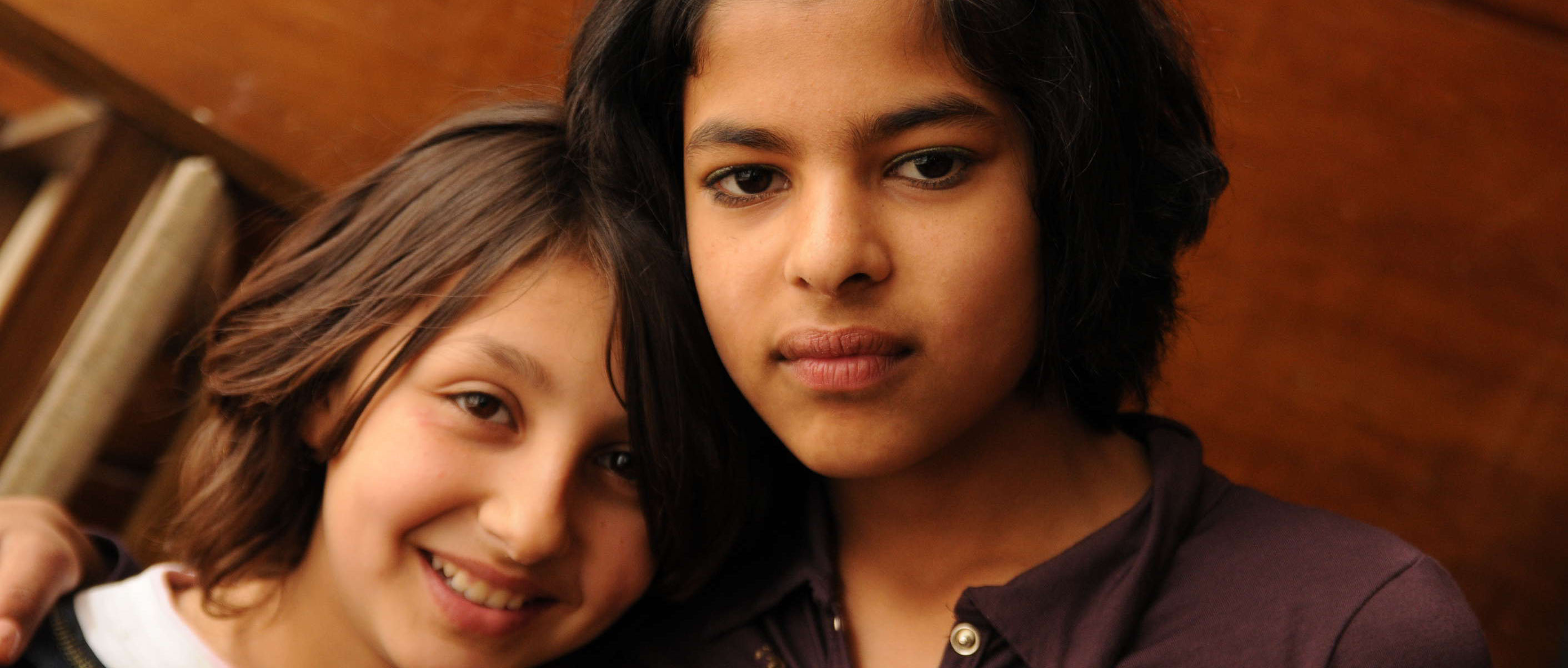Our Goals
Thousands of children in overcrowded and underfunded Bulgarian orphanages are suffering without basic amenities, nutritious food, medical care, love, and a hope for their future. One Heart Bulgaria’s goals are to provide for immediate, critical needs and build an infrastructure that will ensure long-term social, emotional, and physical health for the children it serves. The result of One Heart Bulgaria’s efforts will be a generation of children and young adults who have the opportunity to develop and reach their potential in a healthy and supportive environment, enabling them to become happy and successful members of the Bulgarian society. We achieve this by:
- Providing nutritious food, bedding, beds, basic hygiene articles, and medical support for children at risk for malnutrition and disease
- Providing regular and reliable interaction with trained Bulgarian mentors, teachers, coaches, and other concerned and loving adults to guide and teach orphans and help diminish emotional, social, and intellectual developmental delays
- Providing access to specialized medical care and physical therapy for children with disabilities
- Funding special projects and renovations at the orphanages
- Providing literacy programs, occupational skills training, and opportunities to develop new talents
Our long-term goals
- Help deinstitutionalize children throughout Bulgaria and reintegrate them into Bulgaria’s society as healthy, well-adjusted citizens
- Help Bulgaria move from an orphanage system to a foster care system
- Eradicate child abandonment
- Help close down the orphanage system to end Bulgaria’s orphan crisis.
We achieve these goals by:
- Supporting foster care programs by helping with program development, training, and increasing awareness in-country.
- Working with underprivileged pregnant woman and parents in the communities who are at risk for abandoning their children.
- Work with pregnant women and physicians to reduce the occurrence of birth defects through education, training, and prenatal care.
- Partnering with local organizations and child protective services to improve services for families with children with disabilities.
- Support medical services and social services that work to ensure that parents of children with disabilities are able to keep their children.
